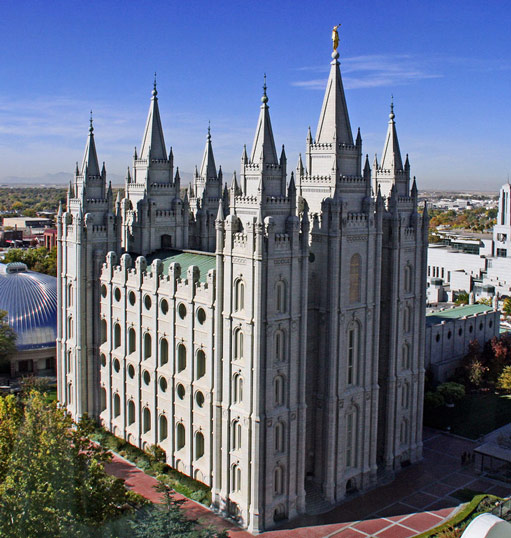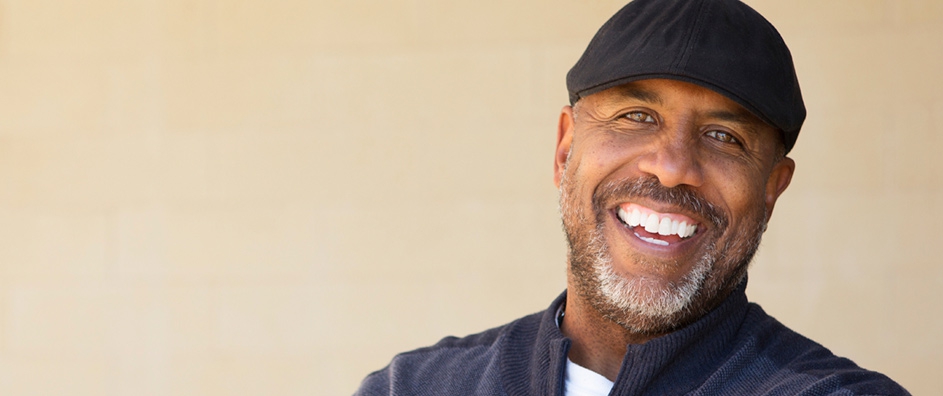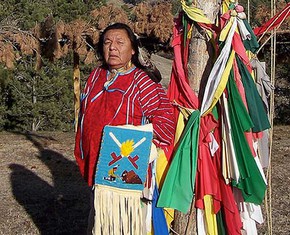The views expressed in our content reflect individual perspectives and do not represent the authoritative views of the Baha'i Faith.
“Do you use drugs?”
A doctor asked me that the other day, just a standard question on his patient intake form.
“No,” I said.
He looked up from his clipboard at me, surprised. “Nothing?”
“Nothing,” I said.
“No alcohol either?”
“Nope.”
“Not even an occasional beer, a toke at parties, a joint on the weekend, a little happiness booster?”
“No, definitely not,” I told him.
“Wow,” he said, “that’s unusual.”
“Really?” I asked. “I mean, we live in California, sure—but you don’t see too many abstainers, huh?”
“You’d be surprised,” he said, holding up one hand. I think he meant he could count us on one hand.
So I’ll ask you the same question—do you use drugs? Don’t forget to include alcohol, the most popular drug.
If you answered yes, you’re not alone. Lots of people, it seems, have a hard time getting through life without chemicals. They seem to seek their happiness in a drink or a joint or a pill or a powder; but they soon learn that kind of artificial pleasure only lasts a short while, so they try the same thing again, and again, and again. That pattern usually has predictable results.
The polls and surveys definitely agree: the majority of people in most countries use alcohol or drugs. In some places, and especially in countries where it’s illegal or seen as irreligious, people won’t often tell pollsters the truth about their drug and alcohol use. But we do have alcohol sales figures, which reveal a pretty startling story: on average, every person in the world drinks 6.1 liters of pure ethyl alcohol a year—that’s 61 bottles of wine. Alcohol kills more than 2.5 million people annually, more than AIDS, malaria or tuberculosis. The illegal drug business comprises the largest underground black market economy in the world, estimated at more than $4 trillion U.S., almost as much as the global trade in oil and arms. So we know, without question, that billions of people seek their happiness in intoxicants.
Just for a moment, though, can you imagine a world without drugs?

The Mormon faith’s Salt Lake Temple
A few societies have come close. The Mormon population has the longest average lifespan in the world, and Mormons, like Baha’is, don’t use drugs or alcohol. At UCLA, a 25-year longitudinal study showed that married Mormons who don’t drink, smoke or use drugs, have at least a high-school education, and are actively involved in the life of their spiritual community have the longest average lifespans ever recorded—84 years for males and 86 for females. Amazingly, that’s more than five years longer for women and nearly 10 years longer for men than the U.S. average.
If you’d like to live a long, healthy life, that’s obviously one of the main keys—never start smoking, drinking or using drugs. If you already started, stop. If you’ve tried to stop but can’t, get help.
But of course, life isn’t only a measure of how many birthdays you celebrate before you die. Life should bestow happiness, joy, and gladness. It should be a source of wonder, laughter, delight. A satisfying, fulfilled, spiritually rich life on this Earth prepares us for a second life, an eternal existence, a happiness that goes beyond the material, the temporal and the temporary. So do yourself the biggest favor imaginable, and forget that short-lived, fake happiness in a bottle or a joint in favor of the real thing:
Know thou that there are two kinds of happiness—spiritual and material.
As to material happiness, it never exists; nay, it is but imagination, an image reflected in mirrors, a spectre and shadow. Consider the nature of material happiness. It is something which but slightly removes one’s afflictions; yet the people imagine it to be joy, delight, exultation and blessing. All the material blessings, including food, drink, etc., tend only to allay thirst, hunger and fatigue. They bestow no delight on the mind nor pleasure on the soul; nay, they furnish only the bodily wants. So this kind of happiness has no real existence.
As to spiritual happiness, this is the true basis of the life of man because life is created for happiness, not for sorrow; for pleasure, not for grief. Happiness is life; sorrow is death. Spiritual happiness is life eternal. This is a light which is not followed by darkness. This is an honour which is not followed by shame. This is a life that is not followed by death. This is an existence that is not followed by annihilation. This great blessing and precious gift is obtained by man only through the guidance of God.
Spiritual happiness is light, while sorrow is darkness.
This happiness is glad-tidings, while sorrow is disappointment.
This happiness is the Kingdom while sorrow is the earthly world.
This happiness is life, while sorrow is non-existence.
This happiness is the fundamental basis from which man is created, worlds are originated, the contingent beings have existence and the world of God appears like unto the appearance of the sun at mid-day.
This happiness is but the love of God.
This happiness is but the eternal might the brilliant traces of which are shining forth, unto the temples of unity.
Were it not for this happiness the world of existence would not have been created. – Abdu’l-Baha, Star of the West, Volume 4, p. 163.
















Comments
Sign in or create an account
Continue with Googleor